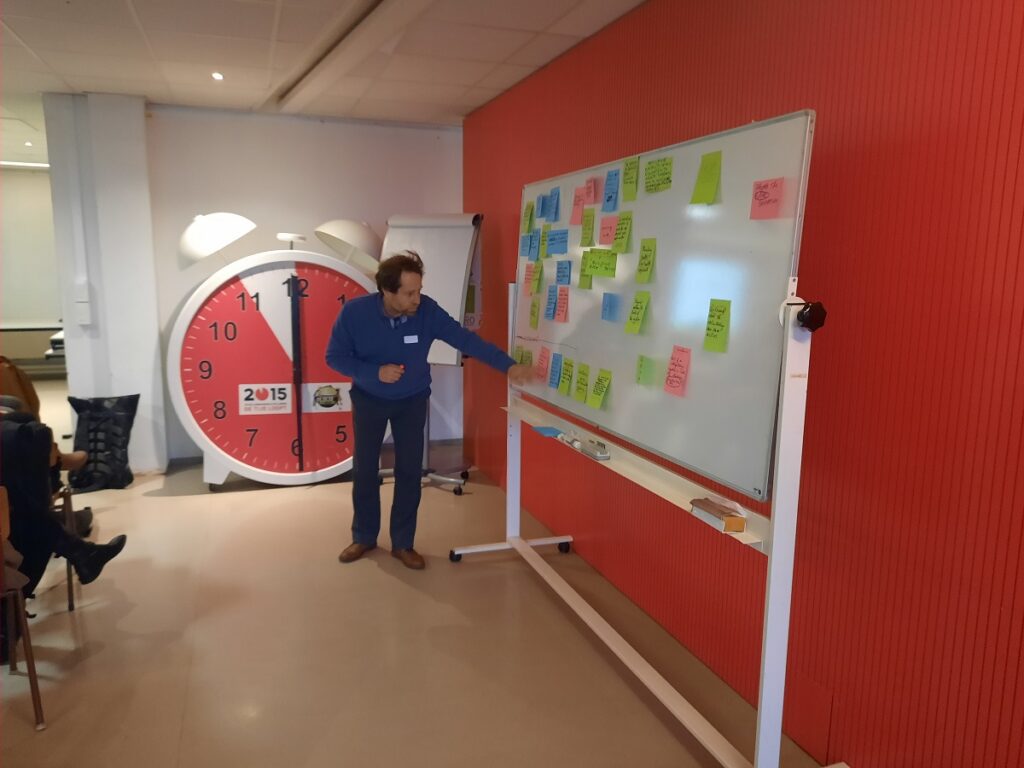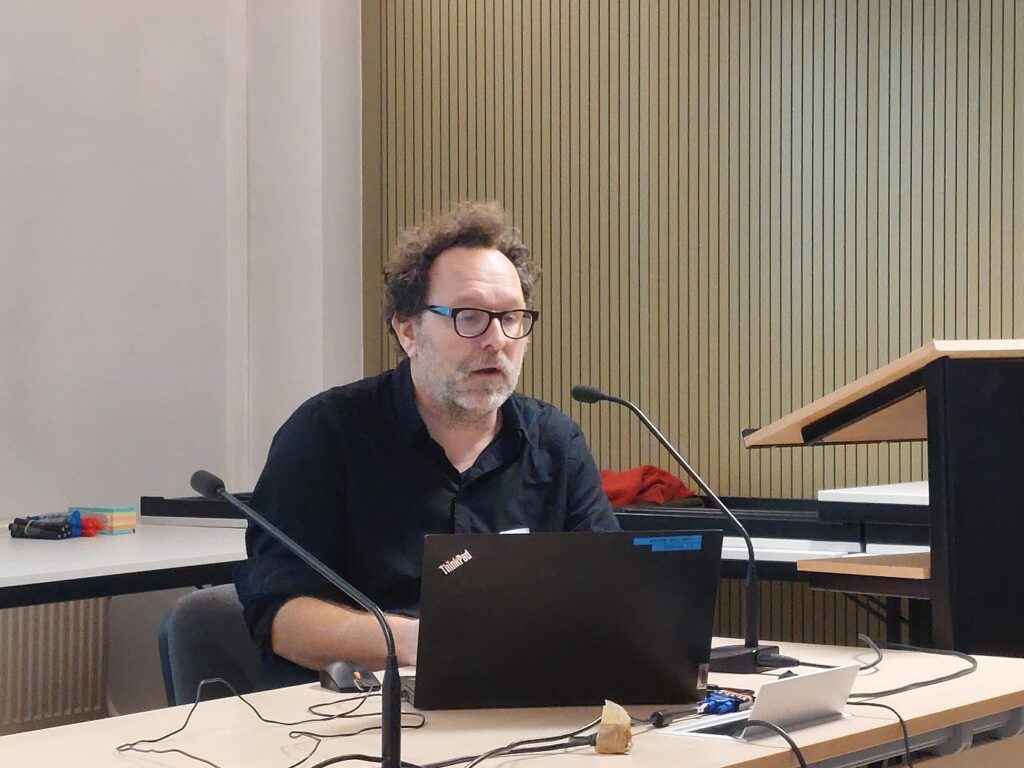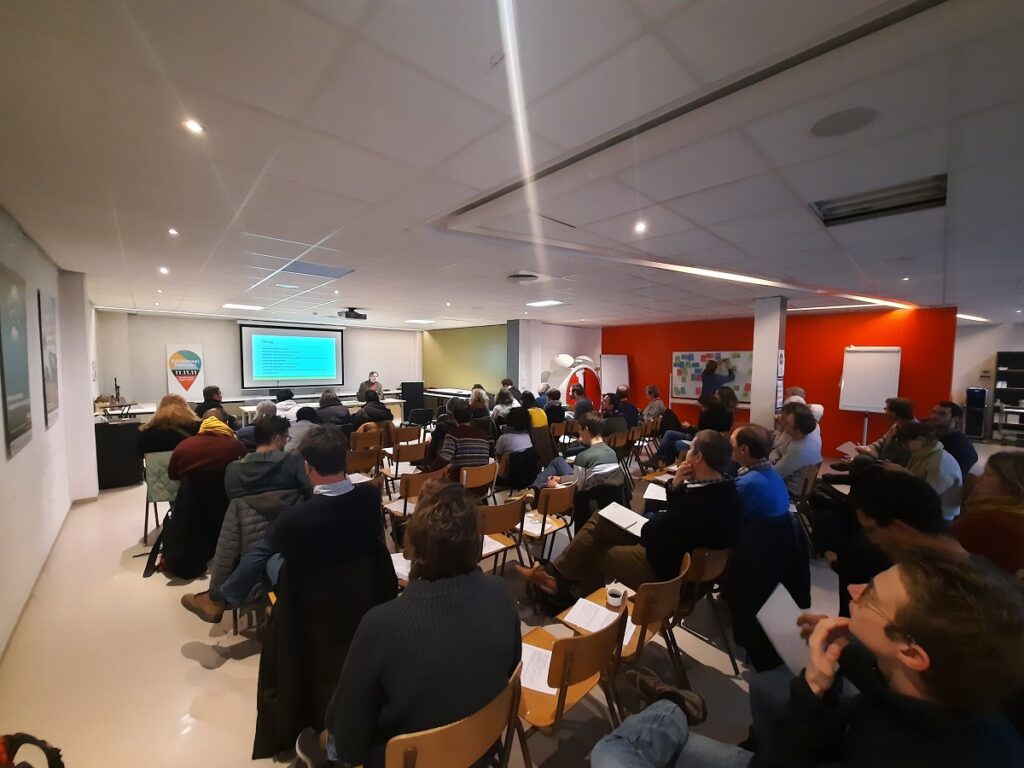47% of our ecosystems worldwide are in decline, 25% of all animal species are threatened with extinction (Diaz, S. et al., 2019) and vulnerable communities worldwide are finding it increasingly difficult to meet their basic needs such as potable water and food. Climate change, increasing population pressure and large-scale pollution are putting robust pressure on the environment, natural resources and biodiversity. We are all feeling the impact, but the Global South is disproportionately affected.
We need to prepare for a changing world in which the relationship between humans and nature needs to find a new sustainable balance. How do we do that? To help answer this question, SECORES launched its first seminar in Belgium on 2 December 2022. 56 representatives of international organisations, universities, umbrella organisations and the Belgian government were present.

© Brent De Smedt, Join For Water

© Brent De Smedt, Join For Water
The seminar aimed at establishing a shared understanding of the concept ‘social-ecological resilience’ and its importance to all actors (in)directly involved with the development and humanitarian aid sector. Subsequently, the participants presented the challenges they experience but also shared inspiring ideas and good practices related to four key domains: rights, policies, and governance; sensibilization and knowledge; sustainable access to and management of ecosystem services; and the conservation and restoration of ecosystems.
We may conclude that there is a shared understanding of ‘social-ecological resilience’ and its importance for a sustainable future and way of working in the sector. This makes SECORES as a living network relevant, to increase collaboration and (the sharing of) knowledge on how to integrate social-ecological resilience into practice (including different angles such as access to ecosystem services, restoring and conservation of ecosystems and increasing awareness and skills). The network will also help develop ideas and policy notes to support policies and strategies of relevant actors.

